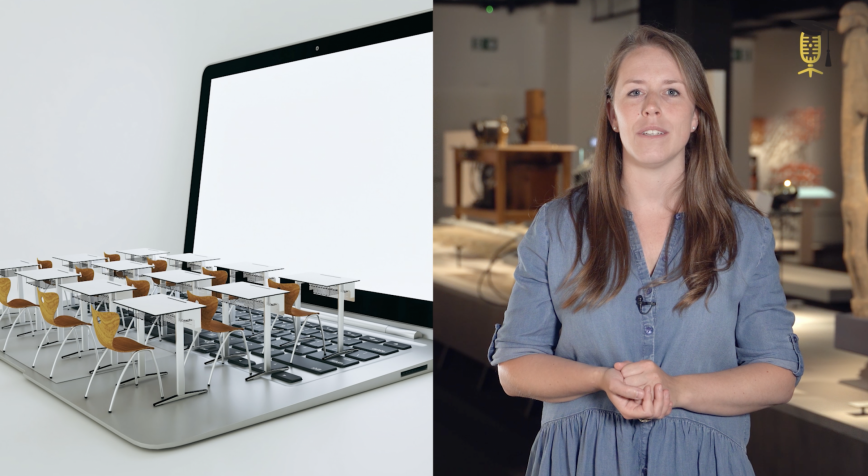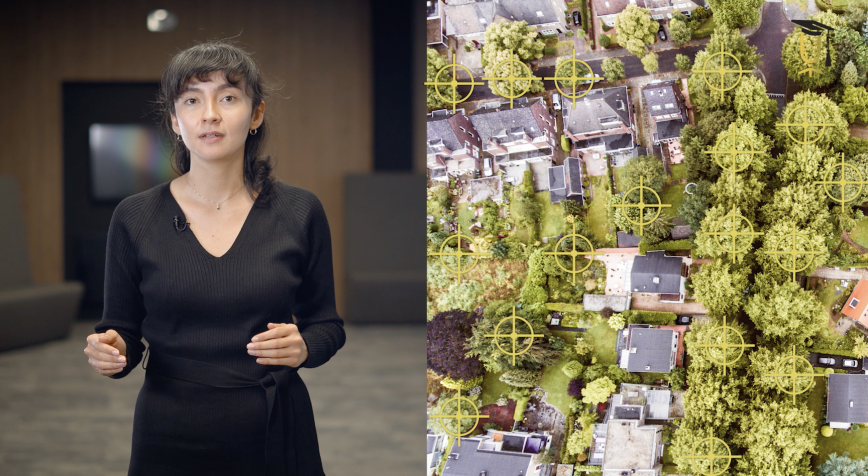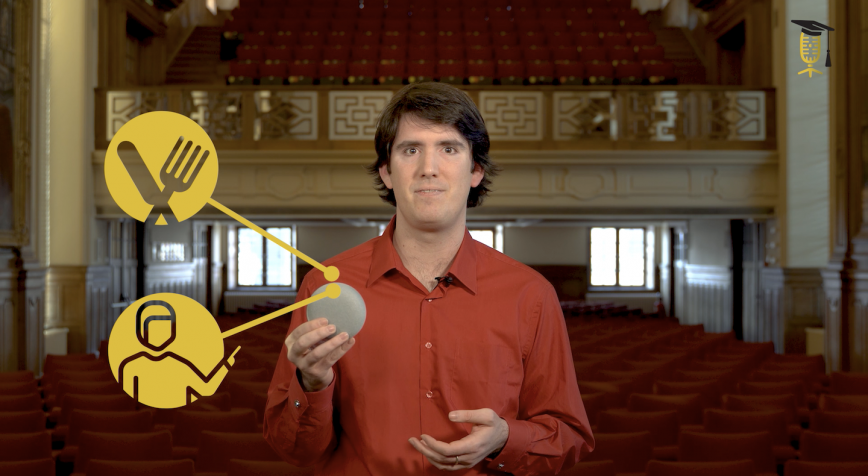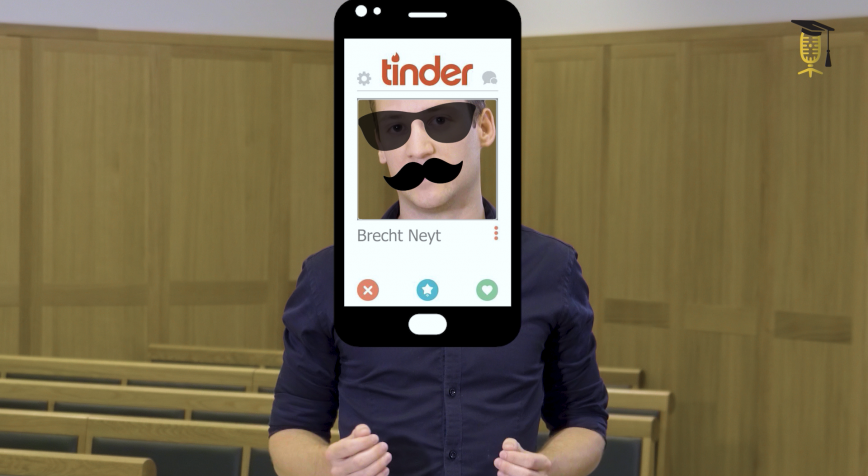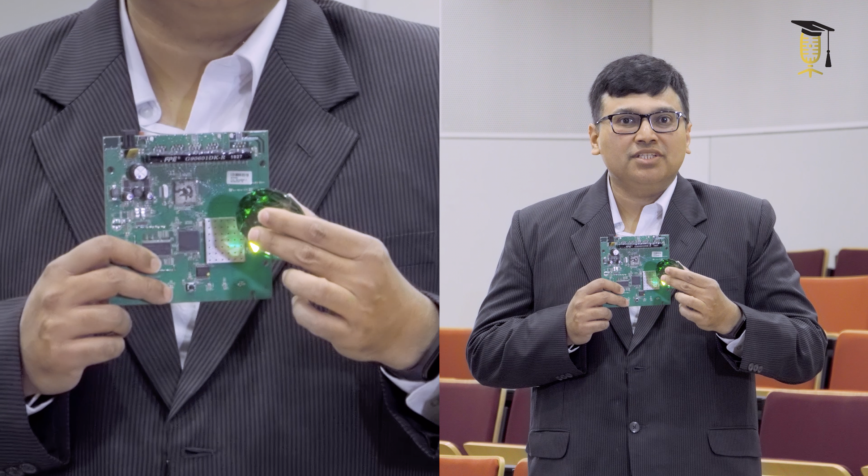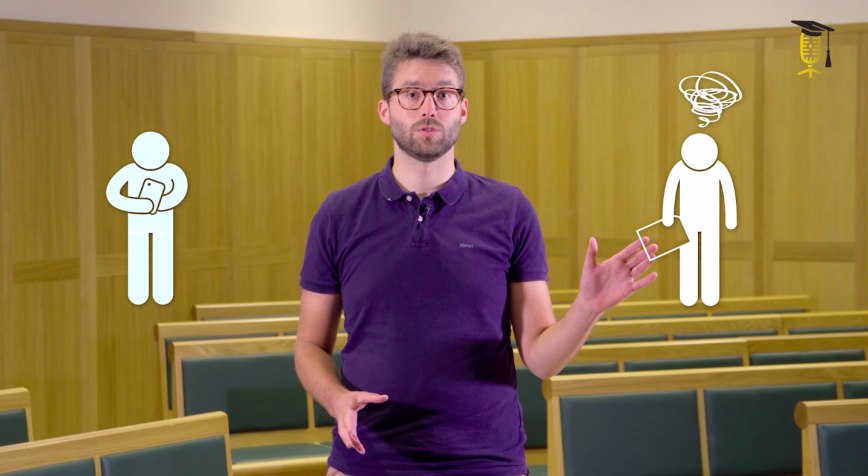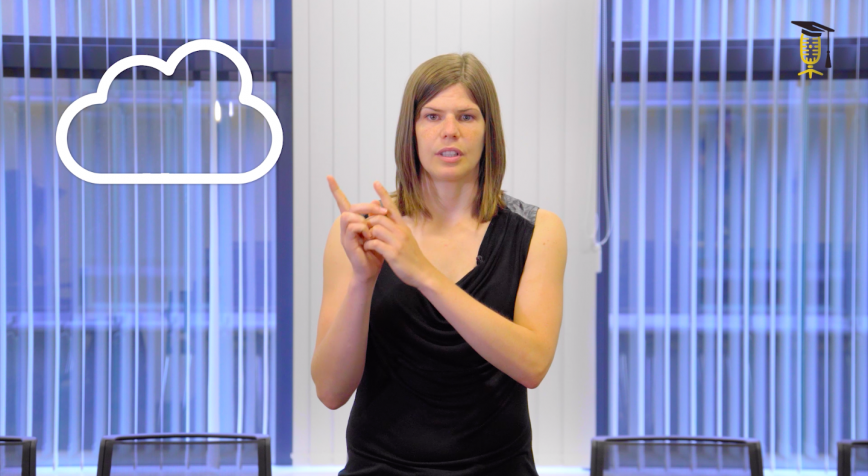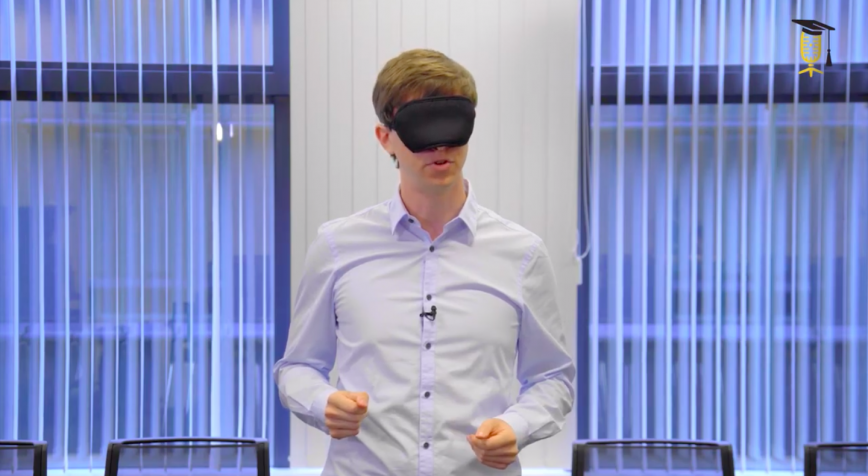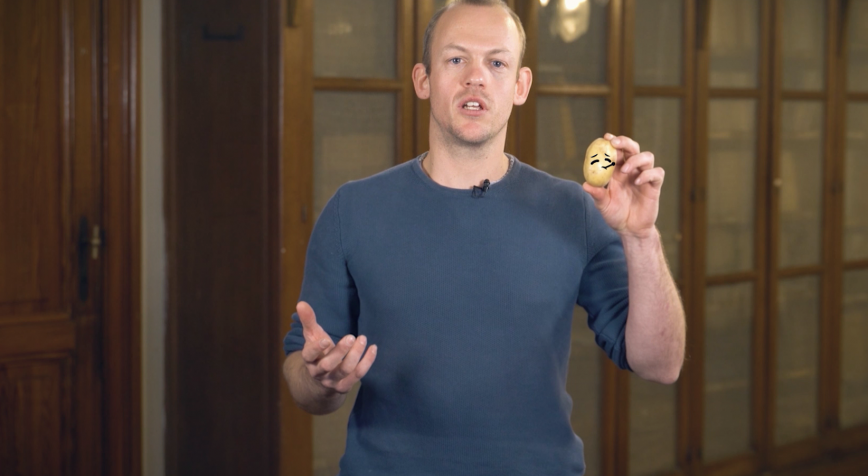
ILVO
KU Leuven
Drones map potato diseases
In Belgium, we grow a lot of potatoes. Unfortunately, potato plants are very susceptible to diseases. To prevent the spread of diseases, farmers spray their entire potato field with pesticides. Ruben Van De Vijver (ILVO) wants to use drones and artificial intelligence to spray only sick plants. Find out more in the video.
